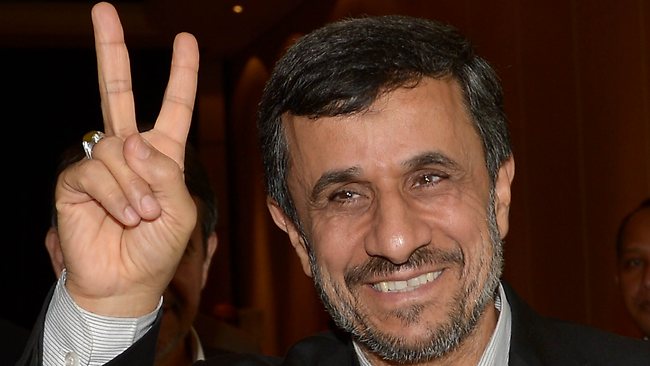Egypt, Sudan and Ethiopia resumed negotiations aimed at reaching an accord over the filling of Ethiopia’s new hydroelectric dam on the Blue Nile, according to a Friday statement from the Sudanese Irrigation Minister Yasser Abbas.
In statements to Sudanese news agency SUNA, Abbas revealed that the talks brokered by the African Union (AU) have started via video.
AU Chair and South African President Cyril Ramaphosa, said that he hopes that the three parties can reach an agreement over the Grand Ethiopian Renaissance Dam (GERD) that protects everyone’s interests.
Last week, Ramaphosa, brought together Egypt, Sudan, and Ethiopia’s heads of state and government, in a mini-summit to address the dispute over the Nile dam.
During the AU meeting on Friday, Egypt’s President Abdel Fattah Al-Sisi, Sudan’s Prime Minister Abdalla Hamdouk and the Ethiopian Prime Minister agreed to resume talks under AU mediation. The talks would look to reach consensus on the outstanding points before Addis Ababa takes any further action in the process of filling the dam’s reservoir.
A technical and legal committee from Egypt, Sudan, Ethiopia, and members of the AU’s Assembly Bureau, will meet to formulate a legal agreement on the GERD’s filling and operation. A team of international observers will also be present during further talks.
Egypt, the most arid of the Nile states, and water scarce countries relies on the Nile for more than 90% of its water and already faces high scarcity, fears a devastating impact on its booming population of 100 million.
Filling the dam without an agreement could bring the stand-off to a critical juncture. The GERD saga has been ongoing since 2011, in another chapter of political attempts to settle the regional dispute over the dam, the United Nations Security Council (UNSC) convened on Monday for a special discussion on the decade-long issue.
Egypt’s Ministry of Foreign Affairs Sameh Shoukry stressed that Egypt recognises the developmental objectives of the Ethiopian dam, but it is also necessary for other parties to recognise that this project would threaten the welfare, wellbeing, and the existence of millions of Egyptians and Sudanese.


